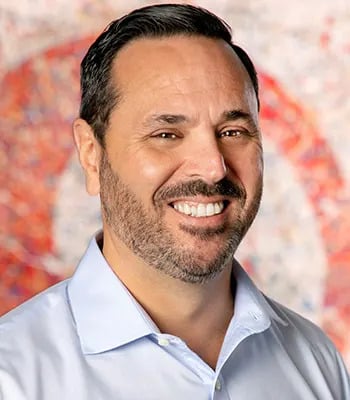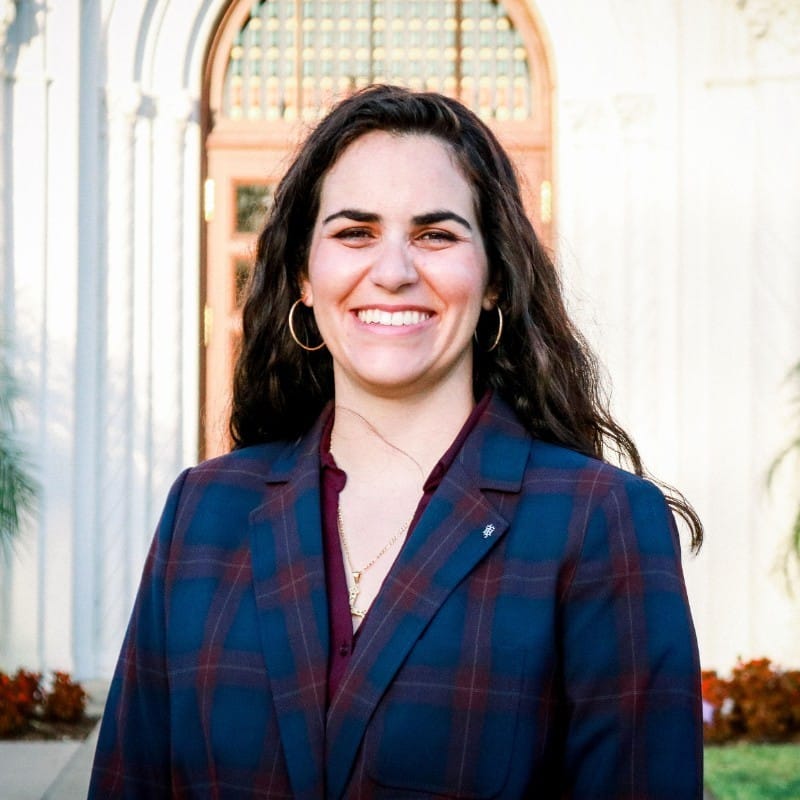The promo industry is an interplay and a partnership between suppliers and distributors. It has to be for the business to run smoothly and efficiently. Communication between the two sides is especially crucial when margins are razor-thin.
In July and August, for example, promo revenue grew by just 0.7% compared to the same months in 2024, according to PPAI Research’s bimonthly survey.
- In order to get a better sense of these dynamics, PPAI 100 suppliers were surveyed on what they feel distributors are prioritizing in 2025.
- These insights into distributor trends, from the mouths of suppliers, spotlight the perceptions and realities of distributor orders during a year of limited growth.

“Suppliers claim they’ve been seeing cost and speed as the dominant priorities among distributor orders, likely as a result of distributors passing on what end buyers are expecting from them,” says Alok Bhat, market economist and PPAI’s research and public affairs lead. “Beyond those two foundational expectations, innovation, compliance and origin are emerging as differentiators.”
- 77.2% of PPAI 100 suppliers report distributor orders prioritize price sensitivity, while three quarters (75.4%) of suppliers say that distributor orders put an emphasis on speed and turnaround time.
- 28.1% claim that distributor orders prioritize innovation and customization. 21.1% say that the distributor orders put compliance as a top value once cost and speed expectations are met.
- 17.5% see sustainability requests from distributors with demand being more uneven and sector specific.
Additional Perspective
According to Neil Ringel, CEO of PCNA, PPAI 100’s No. 5 supplier, the distributor demand for quick turnaround and meeting them where they are with tight budgets has indeed been real. So much so that it informs PCNA’s portfolio decisions in 2025.
“We know that distributors are focused on price and speed right now, and that’s exactly where we’re focused, too,” Ringel says. “We are adding new budget-friendly products to our portfolio every month so our distributor partners can compete confidently on price without sacrificing quality or style.”

Neil Ringel
CEO, PCNA
“Equally important, we’re investing heavily in the customer experience. With the recent addition of two new executive leaders focused on customer success and digital transformation, PCNA is accelerating our efforts to deliver best-in-class service and make ordering faster, simpler and more reliable.”
Debbie Disparte, director of product innovation and sustainability at Koozie Group, PPAI 100’s No. 11 supplier, confirms that price has been a top priority for distributor orders and that she attributes some of that to the general uncertainty that 2025 has brought to many businesses. Koozie Group has tried to address price uncertainty to alleviate concerns.
“This data reflects what we are seeing, and one way we’ve responded is by offering a price-lock guarantee that holds catalog pricing steady on our USA Proud items through the end of the year,” Disparte says. “We wanted to help ease our distributors’ uncertainty, especially about tariff concerns, and this portfolio of products includes a broad range of price points.

Debbie Disparte
Director of Product Innovation & Sustainability, Koozie Group
Addressing turnaround time concerns, more than 700 of Koozie Group’s items are available with two-day standard lead time, and about 25% of its total portfolio is offered with free 24-hour service. Disparte emphasizes that the manufacturing team has worked hard to improve efficiency, and today, over 95% of Koozie’s portfolio is available in five days or less (excluding calendars, factory direct and special imprint methods).
“We know production time is important to our customers, and we’re excited to add Garyline products to our offerings come January,” Disparte says. “Because its facility is fully vertically integrated, we’ll have control over the entire manufacturing process, and after the initial integration period, plan to offer many of those products with standard production of five days or less.”
Compliance Requests May Be Uneven
There’s no question that a significant number of suppliers (34.4%) are reporting more distributor requests for compliance and certification support, covering PFAS disclosure, safety testing and ESG documentation. More than half (60.3%) say those compliance requests are unchanged compared to last year.

An uptick of more than one-third of suppliers reporting increased compliance requests is no small data point. And yet Victoria Sierra, compliance manager at Koozie Group, believes the number is smaller than she would expect.
“Honestly, these numbers seem flipped to me,” Sierra says. “I would have expected 60% of suppliers to have received more distributor requests for compliance/certification documentation, with about 30% unchanged. We have certainly seen an uptick in requests for documents, be it ESG, product testing or something PFA-related. This year, specifically, we have seen an uptick in requests for documentation relating to PFA disclosure and extended producer responsibility reporting.”

Victoria Sierra
Compliance Manager, Koozie Group
It’s possible that compliance requests are leaning more heavily toward certain product sectors that are more affected by policy shifts, but Sierra predicts that this is an upward trend.
“I expect this trend to continue as reporting requirements increase, whether mandatory or self-imposed,” Sierra says. “EPR and carbon accounting are great examples; they’re the new kid on the block, they’re popular and they don’t seem to be going away anytime soon.”
Ringel suggests that compliance is one of the difficult issues along a supply chain that requires distributors and suppliers to be proactively communicating. As such, PCNA sees it as an opportunity to make life easier for its partners.
“We see growing compliance expectations as a chance to lead,” Ringel says. “We’ve launched a supplier risk-screening program and expanded producer responsibility compliance across multiple states, helping our distributor partners stay ahead on safety, certification and ESG standards.
It’s all part of building a more resilient, transparent supply chain, and our latest sustainability report shows just how seriously we take that commitment.”


